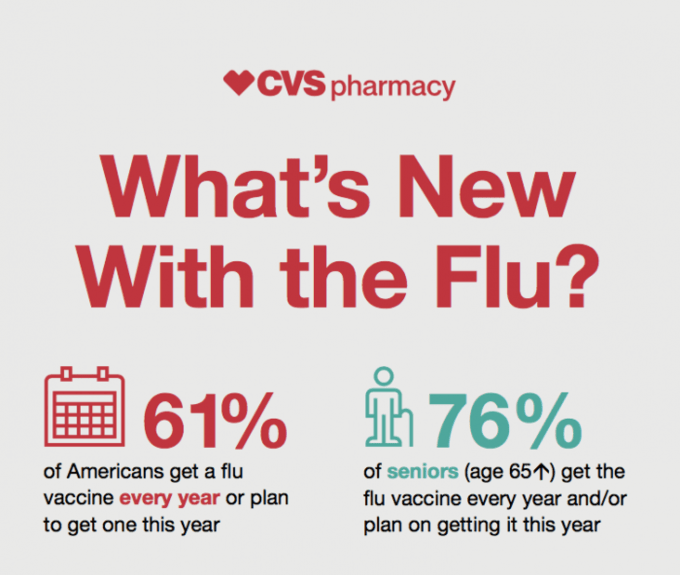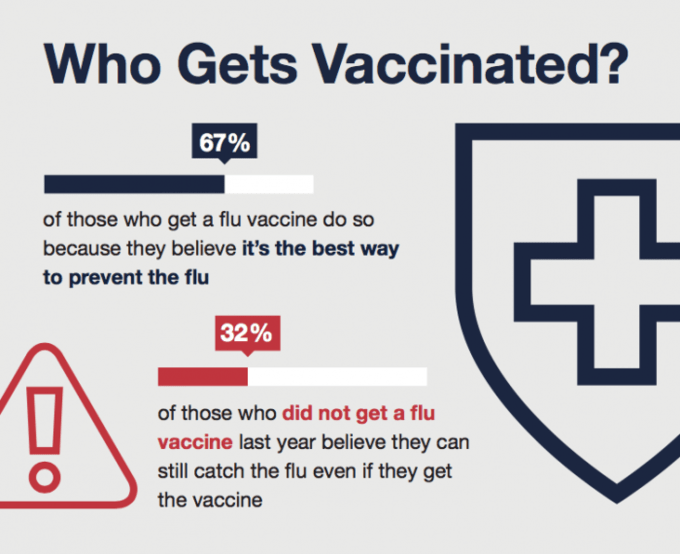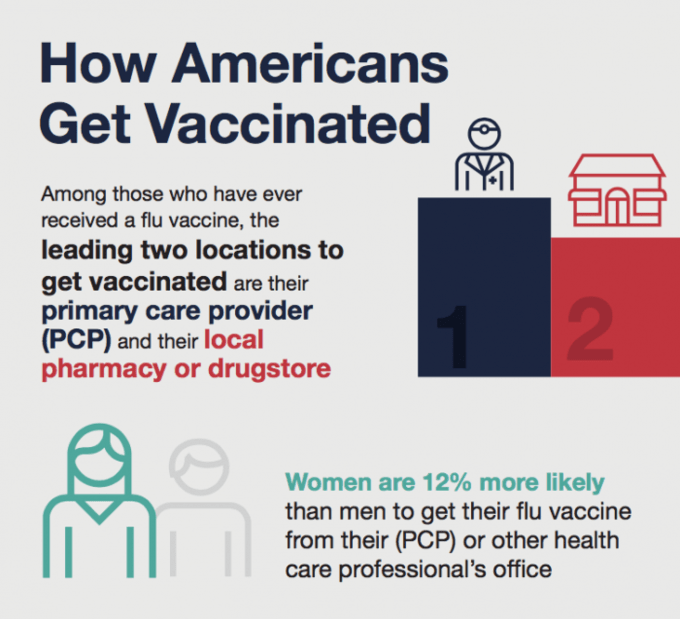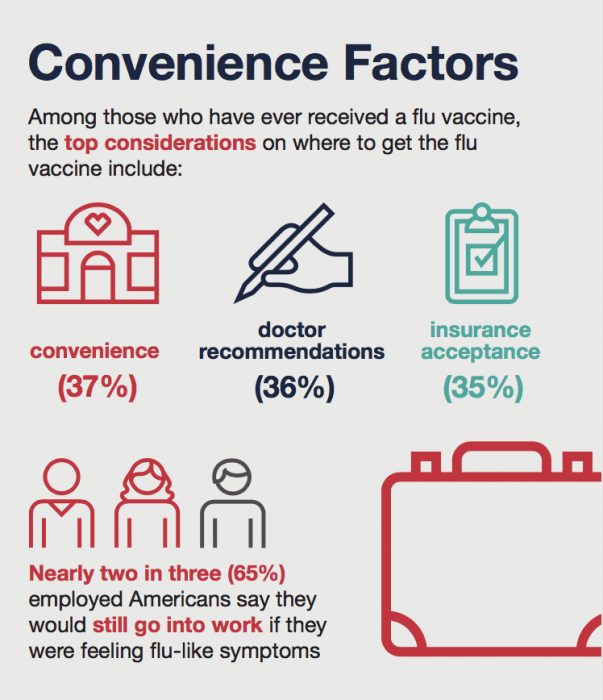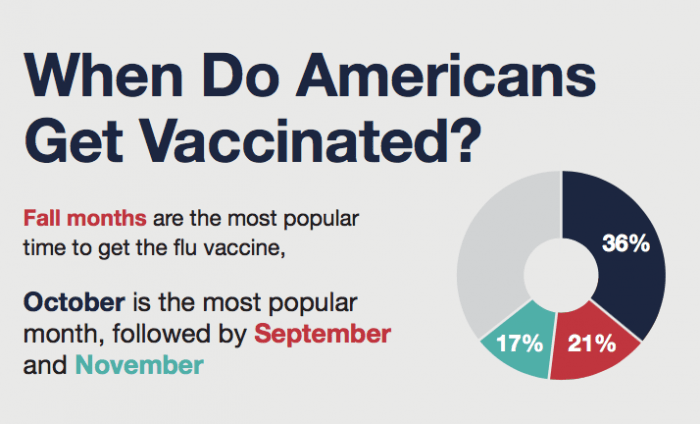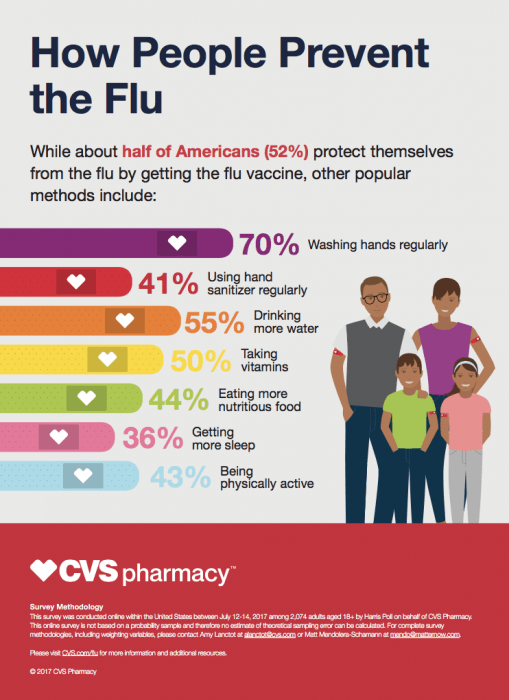This post may contain affiliate links. Please read our disclosure policy.
What’s new with the Flu? How can you prevent it? What do you need to know? Today, I’m working with CVSPharmacy on this sponsored post to answer those questions.
Did you know that nearly two-thirds (61 percent) of Americans get a flu vaccine every year or plan to get one this year, resulting in a two percent increase from last year’s survey findings. 67% of those who get a flu vaccine do so because they believe that it’s the best way to prevent the flu.
What else is new with the flu?
- There is no flu mist again this year. Because it is not recommended this year, most doctor’s offices and clinics stopped carrying it last year upon the recommendation of the CDC.
- This year’s vaccine has been updated to better match circulating viruses, according to the health agency.
- Children ages six months through eight years require two doses of flu vaccine, 28 days apart (if it is their first time getting it).
While more women go to their primary care professional for their flu vaccines, many are still going to their local pharmacy or drugstore.
The reason that we picked our local CVSPharmacy was due to the fact that we could walk in without an appointment, so it was very convenient. That’s why 37% of choose to go to a convenient place, while 36% of people went where their doctor’s suggested they go, and 35% went where their insurance was accepted (CVSPharmacy took our insurance).
The part that is concerning is that 65% of employed Americans still go to work if they have flu-like symptoms. (ps- this is why I am constantly telling our kids to wash their hands!)
I know that the flu can happen anytime, but we get our flu vaccines in October (it’s the most popular month to get the flu).
According to the CDC, you need to receive your flu vaccination before it begins spreading in your community. I knew it was time for us when I ran to CVSPharmacy to pick up a prescription and the pharmacist said: “I just want to be sure that you are aware that the flu vaccines are ready and there is already a confirmed case in town.”
It takes about two weeks after vaccination for antibodies to develop in your body to protect you against flu, so it’s best to get your shot in September, October or even November. “CDC recommends that people get a flu vaccine by the end of October, if possible. Getting vaccinated later, however, can still be beneficial and vaccination should continue to be offered throughout the flu season, even into January or later,” CDC said.
How can you prevent the flu?
- Washing hands regularly.
- Using hand sanitizer regularly.
- Drinking more water.
- Taking vitamins.
- Eating more nutritious food.
- Getting more sleep.
- Staying physically active.
